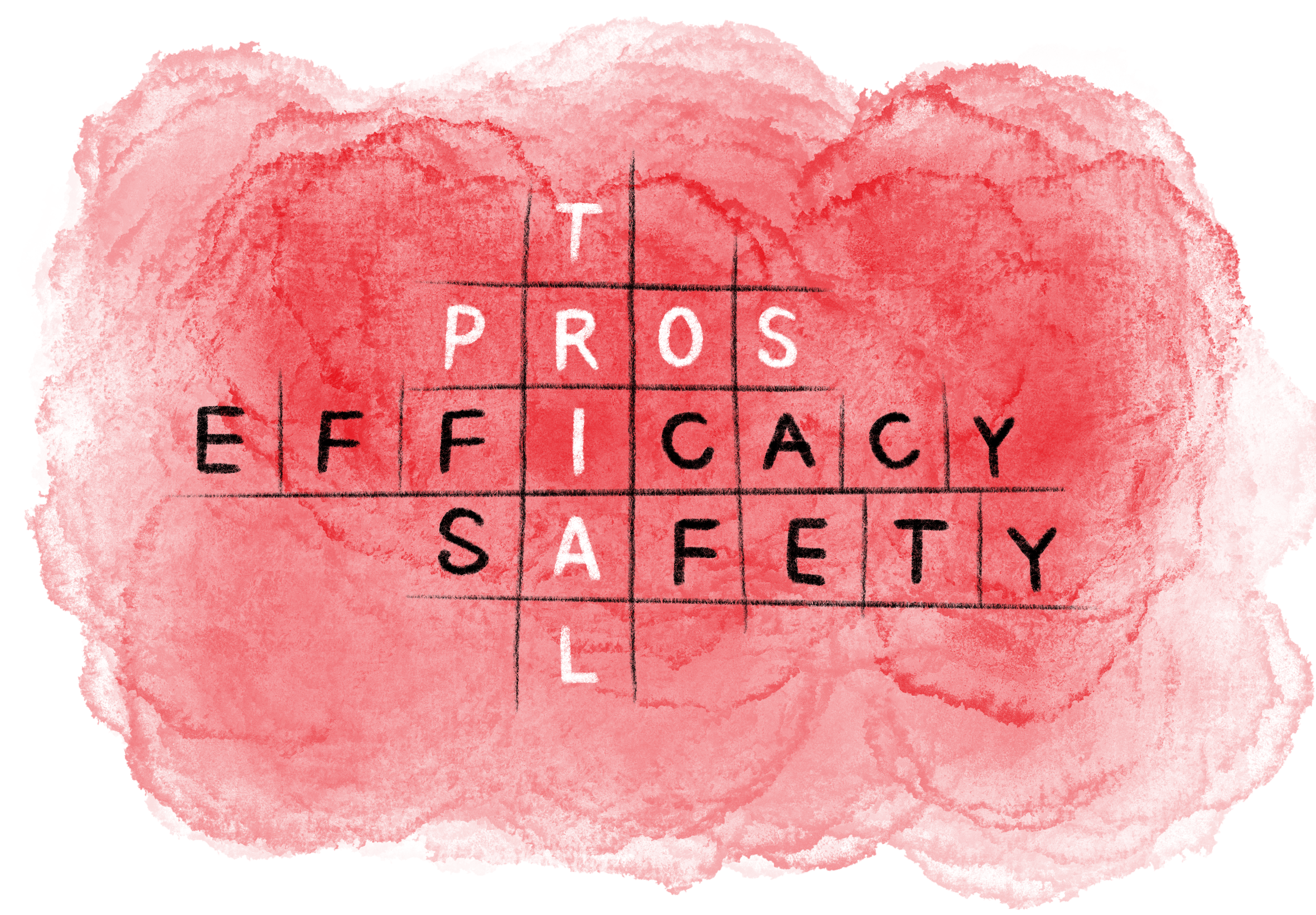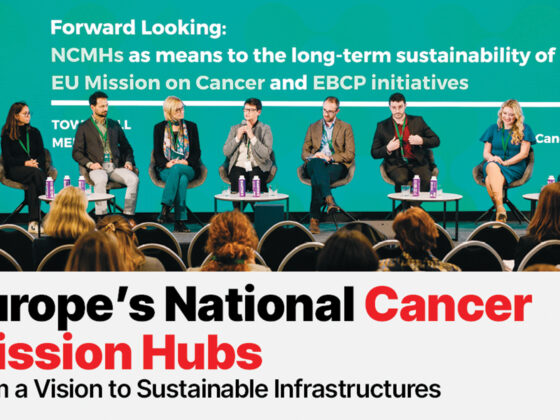Sodium-glucose cotransporter 2 (SGLT2) inhibitors, a common type of diabetes medication, may protect the heart during and after cancer treatment.
The systematic review and meta-analysis, published in European Journal of Preventive Cardiology on 6 March, shows that SGLT2 inhibitors halve the risk of hospitalisation due to heart failure and reduce the number of new heart failure cases by more than two-thirds.
“While multiple large-scale trials have established SGLT2 inhibitors’ cardioprotective effects in heart failure populations, our analysis uniquely quantifies their efficacy specifically within oncology cohorts exposed to cardiotoxic therapy,” Vassilios Vassiliou, the joint senior author, tells Cancerworld. “There was a particularly robust statistical signal in anthracycline-treated breast cancer populations, indicating that these patients are likely to benefit the most.”
The hope, adds Vassiliou, is that SGLT2 inhibitors will in future be prescribed routinely for cancer patients receiving cardio-metabolic toxic chemotherapeutic agents.
Although chemotherapy indisputably improves cancer patient outcomes, some protocols are cardiotoxic, increasing cardiovascular-related mortality and morbidity. Studies suggest that up to 20% of cancer patients who have had chemotherapy go on to develop heart problems, with up to 10% suffering heart failure.
In addition to anthracycline chemotherapy regimens, high-dose cyclophosphamide, trastuzumab, and tyrosine kinase inhibitors also cause cardiac dysfunction. Such agents induce cancer therapy-related cardiac dysfunction through mechanisms such as cellular hypertrophy, extracellular matrix restructuring, impaired cardiac muscle contraction and hyperinflammation.
Recently, several publications have suggested that SGLT2 inhibitors (used for type 2 diabetes, heart failure, and chronic kidney disease) significantly reduce heart failure hospitalisation and all-cause mortality across a diverse group of patients, including those without diabetes.
For the current meta-analysis, Vasiliki Tsampasian and Vassilios Vassiliou, from Norwich Medical School, University of East Anglia, UK, and colleagues, set out to determine the impact of SGLT2 inhibitors on cardiovascular outcomes in cancer patients treated with known cardio-metabolic toxic chemotherapeutic agents.
Altogether, the team screened 1,889 records from PubMed, Embase, MEDLINE & Cochrane Library, identifying 13 studies (including 88,273 patients) for the final analysis. “Patients in these observational cohorts were predominantly receiving SGLT2 inhibitors for established indications – primarily type 2 diabetes mellitus and, less frequently, chronic kidney disease or existing heart failure – rather than being prospectively prescribed for primary cardioprotection,” explains Vassiliou.
The study encompassed heterogenous treatment patterns, including patients who had been taking SGLT2 inhibitors before cancer diagnosis, as well as those who started taking them during or after active cancer treatment. The SGLT2 inhibitors used by patients in the study included (but were not limited to) canagliflozin, dapagliflozin, empagliflozin, and ertugliflozin. “This heterogeneity was deliberately included in our eligibility criteria to comprehensively capture all available evidence on potential cardioprotection,” says Vassiliou.
Results during a 29.8-month duration of follow-up showed:
- SGLT2 inhibitor treatment was associated with a significant reduction in heart failure hospitalisation risk (RR=0.49, 95%CI 0.36–0.66). The number needed to treat (NTT) to prevent one heart failure hospitalisation was 39. Notably, the cardioprotective effects of SGLT2 inhibitor treatment were most pronounced in breast cancer patients receiving anthracyclines (≥50% of patients), with a 99% reduction in heart failure hospitalisation risk (RR=0.0085, 95%CI 0.0001–0.2645, P=0.0081).
- SGLT2 inhibitor treatment was associated with a significant reduction in new heart failure risk (RR=0.29, 95%CI 0.10–0.87). The NNT to prevent one new heart failure event was 15.
- SGLT2 inhibitor treatment was associated with a significant reduction in all-cause mortality (RR=0.45, 95%CI 0.35–0.59). The NNT to prevent one death was 4.
- SGLT2 inhibitor treatment was associated with a significant reduction in atrial fibrillation/ flutter (RR=0.38, 95%CI 0.26–0.56). The NNT to prevent one event was 26.
- No significant difference was found in the risk of acute myocardial infarction between patients treated with an SGLT2 inhibitor and controls.
- Regarding adverse events, sepsis rates, urinary tract infections and neutropenic fever were less frequent in the SGLT2 inhibitor group than the control group.
“This meta-analysis represents the first large-scale evidence synthesis demonstrating a significant association between a pharmacological intervention and reduction in clinically meaningful heart failure endpoints across a diverse oncology population,” says Vassiliou. “While previous trials have examined older drug classes (ACE inhibitors, ARBs, beta-blockers), they predominantly focused on surrogate endpoints like left ventricular ejection fraction decline rather than clinical heart failure events and their effects were neutral or only applicable for a small subset of patients.”
By off-setting cardiotoxic effects, he adds, SGLT2 inhibitors not only offer the potential to improve cardiovascular outcomes but also enable sustained administration of optimal cancer therapy.
The model for integrating SGLT2 inhibitors into cancer treatment, Vassiliou suggests, could be for patients to start taking the inhibitors 7–14 days prior to commencing treatment. SGLT2 inhibitors are particularly important for patients receiving anthracycline-based chemotherapy (especially at cumulative doxorubicin-equivalent doses >250mg/m2); sequential or concurrent anthracycline/ trastuzumab regimens; or combination regimens with additive cardiotoxic potential. The approach would be “relatively cheap”, Vassiliou adds, as SGLT2 inhibitors are already off-patent in many countries.
In an accompanying editorial, Jennifer Cautela (Aix-Marseille University, France) and Joachim Alexandre (Caen-Normandy University Hospital, France) comment on limitations of the study, including use of observational data (no randomised controlled trials); significant heterogeneity in cancer types, treatment regimens, follow-up durations, and cardiotoxicity definitions; and reliance on surrogate markers. “Despite these limitations, SGLT2i [inhibitors] appear to be the first really promising pharmacological candidate for cardio protection in cancer patient,” write Cautela and Alexandre. “Moreover, these findings are even more striking, given that the risk reduction was observed despite patients on SGLT2i likely being at high risk of cardiotoxicity, due to conditions for which they were prescribed these drugs, most often diabetes or chronic kidney disease. This suggests that SGLT2i are not only effective but also particularly beneficial in a high-risk population, reinforcing their potential as a cardioprotective strategy in oncology.”
Currently two ongoing trials – PROTECT and SCARA-B – are looking to provide insights into the cardioprotective effects of SGLT2 inhibitors in cancer patients.
The PROTECT trial (NCT06341842) is a randomised controlled evaluation of the SGLT2 inhibitor dapagliflozin versus placebo for preventing chemotherapy-induced cardiotoxicity in breast cancer patients treated with anthracycline-based chemotherapy (with or without trastuzumab). “PROTECT will provide Level 1 evidence regarding efficacy, optimal timing, and safety profile of SGLT2 inhibition specifically for cardioprotection in oncology,” explains Vassiliou.
Complementarily, SCARA-B (NCT06443645) will elucidate underlying mechanisms through prospective evaluation of SGLT2 expression, inflammatory biomarkers, oxidative stress parameters, and cardiomyocyte energetics in breast cancer patients receiving anthracyclines. “This mechanistic insight will strengthen the biological plausibility of our meta-analysis findings and potentially identify predictive biomarkers for SGLT2 inhibitor response,” says Vassiliou.












